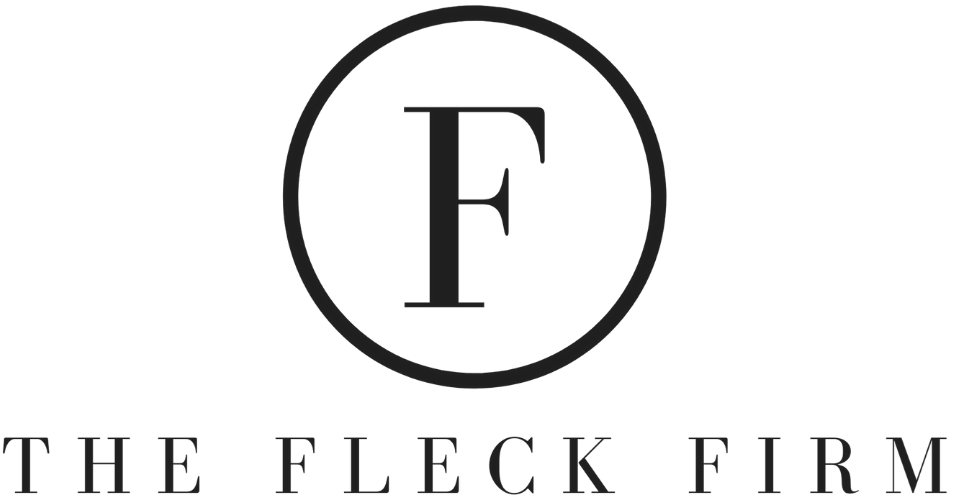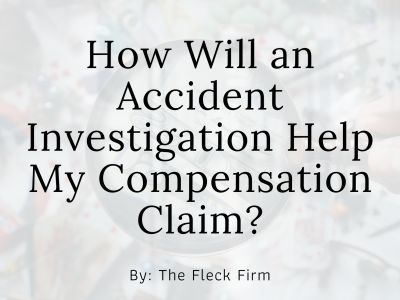What is a Trust?
A trust is the Swiss army knife of planning documents. It can help you accomplish many things. It can benefit yourself or others, work during your life or after you pass away, and can be as narrow or as broad as you like.
A trust is a legal document creating an arrangement allowing a third party, the trustee, to be in charge of assets on behalf of a beneficiary or beneficiaries. It’s an estate planning document that might work well for you, your family, and others you want to support.
The person setting up the trust is the grantor. A beneficiary is a person or organization benefitting from the trust. They can get its assets or income generated by them. The grantor, depending on the trust, can also be a beneficiary. The trustee acts as a fiduciary for the beneficiary. The trustee must only act to further the goals of the trust. He or she can’t use the position to enrich themselves. If the trust is mismanaged, the trustee could face legal action.
Other attorneys take contingent fees of 33% to 50% of your settlement.
We want you to keep more of your money.
Our contingent fee is only 30% on cases settled prior to filing suit.
Some Trusts You Change, Others You Can’t
Trusts can be broken down into many categories.
You can terminate or change a revocable trust during your lifetime. This can help assets pass outside of probate after your death while you keep control of the assets during your lifetime. After you pass away, these trusts become irrevocable (they can’t be changed). You can name yourself the trustee (or co-trustee) while you retain ownership and control over the trust. You can have another trustee take over if you’re no longer capable of doing the job or when you die.
Irrevocable trusts are often used to transfer assets out of your legal ownership. They may not be subject to probate, but you lose control of them during your life. An irrevocable trust can’t be changed or ended after you execute it. This type of trust is often used by wealthy individuals to reduce estate taxes by removing assets from their estate (estate taxes only apply to assets worth more than $11.58 million for an individual and $23.16 million for a married couple in 2020).
You also won’t be subject to tax liability on the income generated by the trust assets (though asset distributions will normally have income tax consequences). It can also offer some protection if you’re sued. Since assets aren’t legally yours, they can’t satisfy a judgment against you. Irrevocable trusts may help you qualify for Medicaid. It pays for your long term care because, thanks to a trust, though you benefit from assets, you’re considered needy because you don’t own them and your income, technically, is low.
What You Can Do With a Trust
The benefits of creating trusts include:
- Control of your wealth: You can spell out the trust terms as precisely as you like, controlling when and to whom distributions may be made. A trust can allow your assets to pass much faster after you pass away because probate’s not involved. Unlike a trust, a will, to be probated, becomes a public document. If you value your privacy, a trust may be a good option.
- Protection of your legacy: A trust can protect your estate from your heirs’ creditors or from beneficiaries who poorly manage their affairs. If a beneficiary owes someone money, trust assets can’t be used to pay it off. If a loved one is disabled, the trustee can make purchases for their living expenses, medical care, virtually anything that will benefit the person
- Charitable giving: Trusts can benefit nonprofit organizations while you’re alive or after you pass away. Through a trust, your assets can be managed, and the income they generate can support the charity of your choice. Your trust could also support you during your life, then make donations to the nonprofit afterward
- Pour over trust: Through your will all or part of your estate can fund, or pour over to, a trust. This is often used by parents of minor children who fear they may die suddenly. Their will can name a guardian for a child and a pour over trust can help the child financially.
With So Many Choices, It’s Easy to Make Mistakes
Like any estate planning documents, you can make mistakes. They’re especially a problem with irrevocable trusts because you can’t correct them after they’re created.
Whatever the trust you make, your instructions should be practical and clear. The more details you include, the more strings you attach, the more difficult it will be for the trustee to manage. It could also increase the chances of beneficiaries suing the trustee for not doing heir job. You want to avoid that because the trustee can use trust assets to pay for their legal bills.
There are many kinds of trusts. Choose the right one. Different types are for different goals. Some are more about probate and tax avoidance. Others concern caring for others. There’s no ‘one size fits all’ trust.
You must pick the right trustee. The person must be competent, trustworthy, able to accept responsibility, and follow your instructions. In case you don’t know of such a person, there are trust companies or you could choose an attorney. The wrong trustee could abuse your assets for their own good, be sloppy and waste them, or ignore your instructions.
If you have a revocable trust, don’t create it and forget about it. Update it as your circumstances and life change. People and charities you wanted to support in the past may not be the ones you want to be beneficiaries now.
How The Fleck Firm Can Help
The Fleck Firm can guide you down the trust path, help you choose the right one, and make sure it will meet your goals. You’re not paying him to fill out forms, you’re paying him for his estate planning knowledge and his ability to create a trust that’s valid and gets the job done. That’s money well spent.
Do you have questions about estate planning or trusts and want to meet with Tyler Fleck to discuss how he can help you? Call him at (270) 446-7000 or fill out our contact form today to set up a free consultation.








